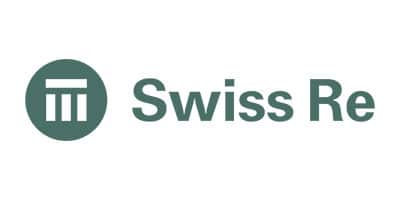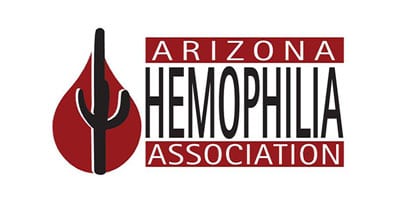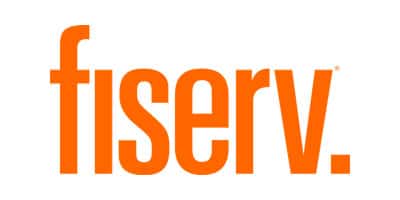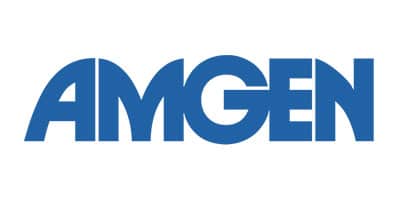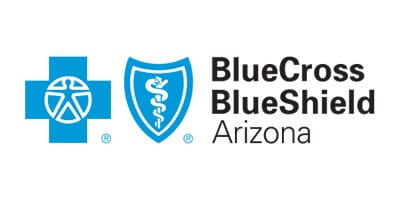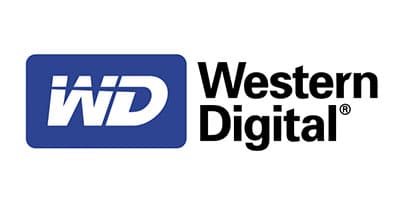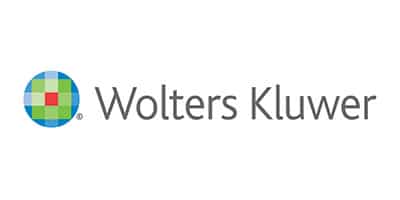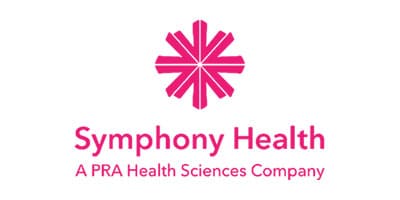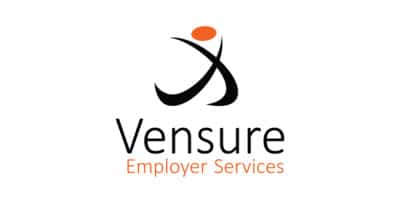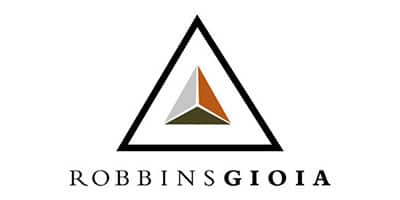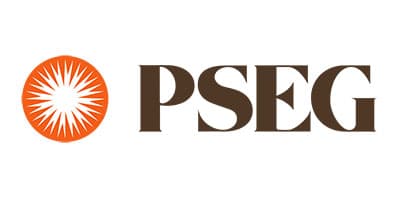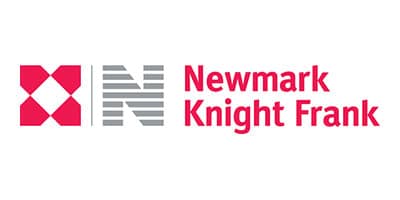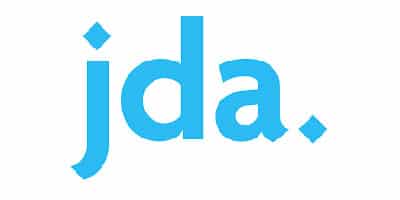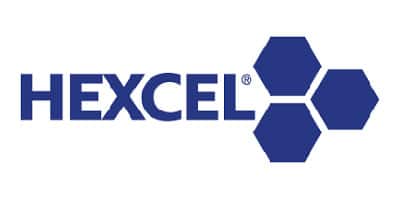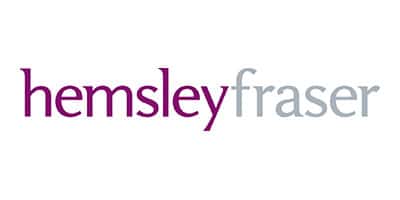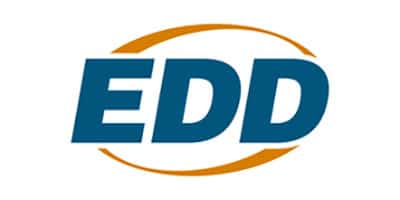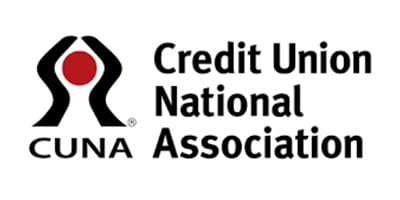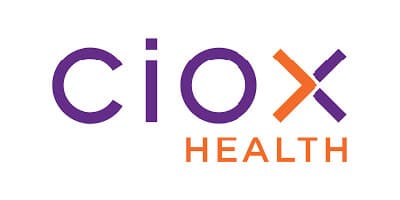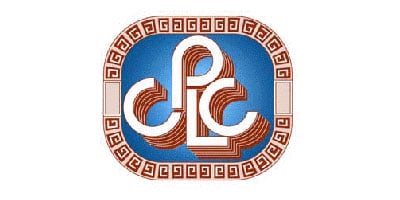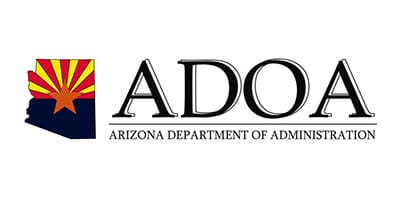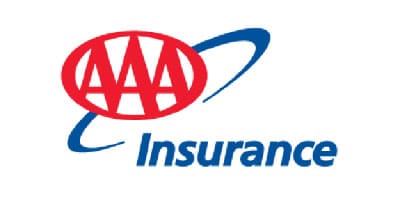Experience
Over the past 19 years, Jerry has worked for small, medium, and large companies including Deloitte, Amgen Biotech, CheckFree, Procter & Gamble and Motorola. As a business consultant, corporate trainer and process engineer, Jerry partnered with business leaders and CEOs to help carry their organizations to the next level through: organizational development and change management, leadership development, project management, and business process improvement.
Jerry has worked on many large scale projects including several global projects that spanned across 36 countries. Jerry works directly with his clients to better understand their needs and then designs a program to help them accelerate success in the goals that they have set out to achieve.

Organizational
Change
Management
Consulting
Jerry is a Certified Organizational Change Manager and has over 10 years of experience in helping Executives and Managers to plan for, lead and manage organizational change. Jerry’s experience as an Organizational Change Management Consultant includes working on global software development projects, business process improvement projects, technology change projects, organizational structural change initiatives and organizational cultural change initiatives.
There are a variety of organizational change management methodologies that Jerry has used in the past, but the most common approach that he uses is a 4 Phased Approach. The 4 Phases are:
The assessment phase is a very critical first step in the organizational change management process. Unfortunately, this step is often overlooked or skipped and the organization or project team jump right into planning. When this happens, it is almost guaranteed that the project team will experience more problems than if it had taken the time to do proper assessments prior to planning.
During the Assessment Phase is where valuable insight about the organization’s capability and capacity for change is determined. Key activities that occur during the Assessment Phase includes conducting:
- Sponsorship Assessment
- Key Stakeholder Analysis
- Key Stakeholder Interviews and Focus Groups
- Organizational Change Readiness Assessment
- Initial Organizational Impacts Assessment
Once the assessments have started and data has been collected and analyzed, then an overall Organizational Change Management (OCM) Plan can be developed. The OCM Plan could include:
- Organizational Change Management Strategy and Approach
- Communication Plan
- Training and Coaching Plan
- Leadership Action Plan
- Resistance Management Plan
- Change Impact Mitigation Strategy
- Workforce Transition Strategy and Plan
- Employee Change Agent Network Plan
Once the plans have started to be developed, then it is time to implement and execute against those plans. During this phase, it is important to:
- Monitor and track progress against the plans
- Gather key stakeholder and employee feedback
- Analyze the effectiveness of the change
- Make any necessary adjustments to the OCM Plan and the associated activities
The last phase, Sustainment, is crucial to organizational change management in that it provides the mechanism to help accelerate the changes being adopted into the organization and it ensures that the change efforts are sustained in the long run. Often times, without an emphasis on sustainment, employees and managers will revert back to the “old way” of doing things and the benefits of the change initiative will not be fully realized to the degree that was expected. The Sustainment Phase focuses on:
- Identifying and creating quick wins
- Communicating and celebrating success stories
- Promoting and reinforcing expected behaviors that are aligned with the change
- Recognizing and rewarding staff the demonstrate the change behaviors
- Gathering employee feedback regarding the change
Phase 1: Assessment
The assessment phase is a very critical first step in the organizational change management process. Unfortunately, this step is often overlooked or skipped and the organization or project team jump right into planning. When this happens, it is almost guaranteed that the project team will experience more problems than if it had taken the time to do proper assessments prior to planning.
During the Assessment Phase is where valuable insight about the organization’s capability and capacity for change is determined. Key activities that occur during the Assessment Phase includes conducting:
- Sponsorship Assessment
- Key Stakeholder Analysis
- Key Stakeholder Interviews and Focus Groups
- Organizational Change Readiness Assessment
- Initial Organizational Impacts Assessment
Phase 2: Planning
Once the assessments have started and data has been collected and analyzed, then an overall Organizational Change Management (OCM) Plan can be developed. The OCM Plan could include:
- Organizational Change Management Strategy and Approach
- Communication Plan
- Training and Coaching Plan
- Leadership Action Plan
- Resistance Management Plan
- Change Impact Mitigation Strategy
- Workforce Transition Strategy and Plan
- Employee Change Agent Network Plan
Phase 3: Implementation
Once the plans have started to be developed, then it is time to implement and execute against those plans. During this phase, it is important to:
- Monitor and track progress against the plans
- Gather key stakeholder and employee feedback
- Analyze the effectiveness of the change
- Make any necessary adjustments to the OCM Plan and the associated activities
Phase 4: Sustainment
The last phase, Sustainment, is crucial to organizational change management in that it provides the mechanism to help accelerate the changes being adopted into the organization and it ensures that the change efforts are sustained in the long run. Often times, without an emphasis on sustainment, employees and managers will revert back to the “old way” of doing things and the benefits of the change initiative will not be fully realized to the degree that was expected. The Sustainment Phase focuses on:
- Identifying and creating quick wins
- Communicating and celebrating success stories
- Promoting and reinforcing expected behaviors that are aligned with the change
- Recognizing and rewarding staff the demonstrate the change behaviors
- Gathering employee feedback regarding the change


